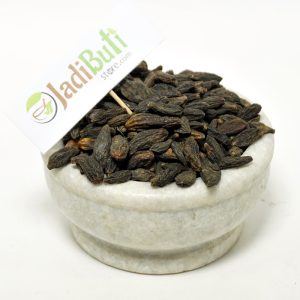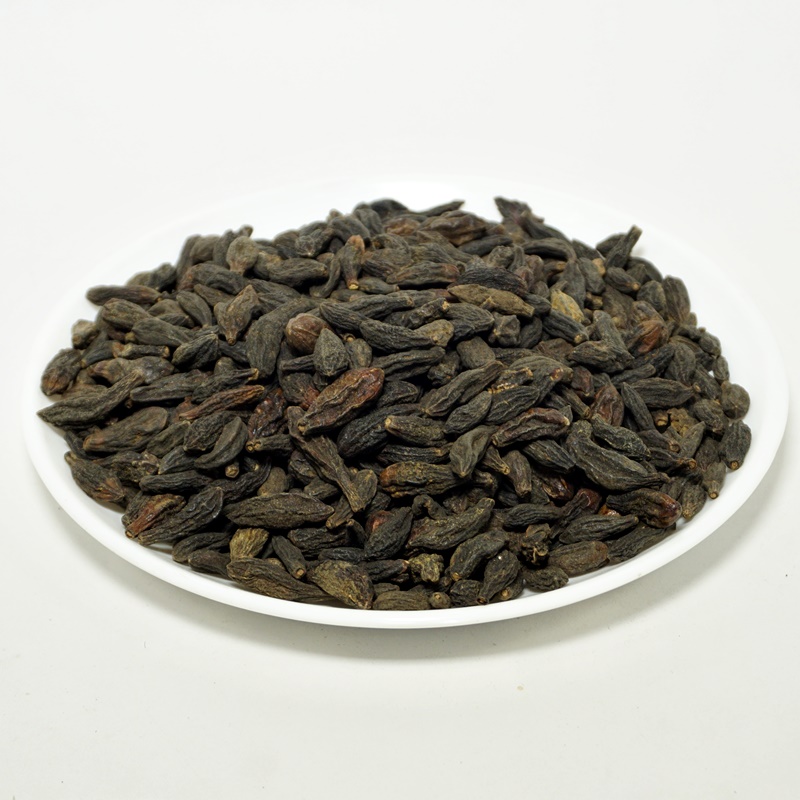Haritaki
Showing the single result
-


Harad choti (Kali) – Haritaki- हरड छोटी – Chebulic myrobalan
₹140.00 – ₹1,100.00Quick ViewAyurvedic classification of Haritaki (Terminalia chebula):
Ayurvedic Classification Description Rasa (taste) Astringent, sweet, sour, bitter, pungent Guna (qualities) Light, dry, sharp, rough Virya (potency) Heating Vipaka (post-digestive effect) Sweet Dosha effect Balances all three doshas (Vata, Pitta, and Kapha) Karma (actions) Digestive, carminative, laxative, rejuvenative, anti-inflammatory, anti-aging, and expectorant Dhatu (tissue) affinity Works primarily on the digestive, respiratory, and reproductive tissues Srotas (channel) affinity Works primarily on the digestive, respiratory, and reproductive channels Prabhava (special effect) Considered a “Tridoshic Rasayana,” which means it can help to balance all three doshas and promote longevity Active compounds and their benefits found in Haritaki (Terminalia chebula):
Active Compound Benefits Tannins Antioxidant, anti-inflammatory, and anti-cancer properties Chebulic acid Antioxidant and anti-inflammatory properties Gallic acid Antioxidant, anti-inflammatory, and anti-cancer properties Ellagic acid Antioxidant and anti-cancer properties Terchebin Antioxidant and anti-inflammatory properties Arjungenin Anti-inflammatory and anti-cancer properties Harmane Antimicrobial, anti-inflammatory, and neuroprotective properties Luteolin Anti-inflammatory and antioxidant properties
